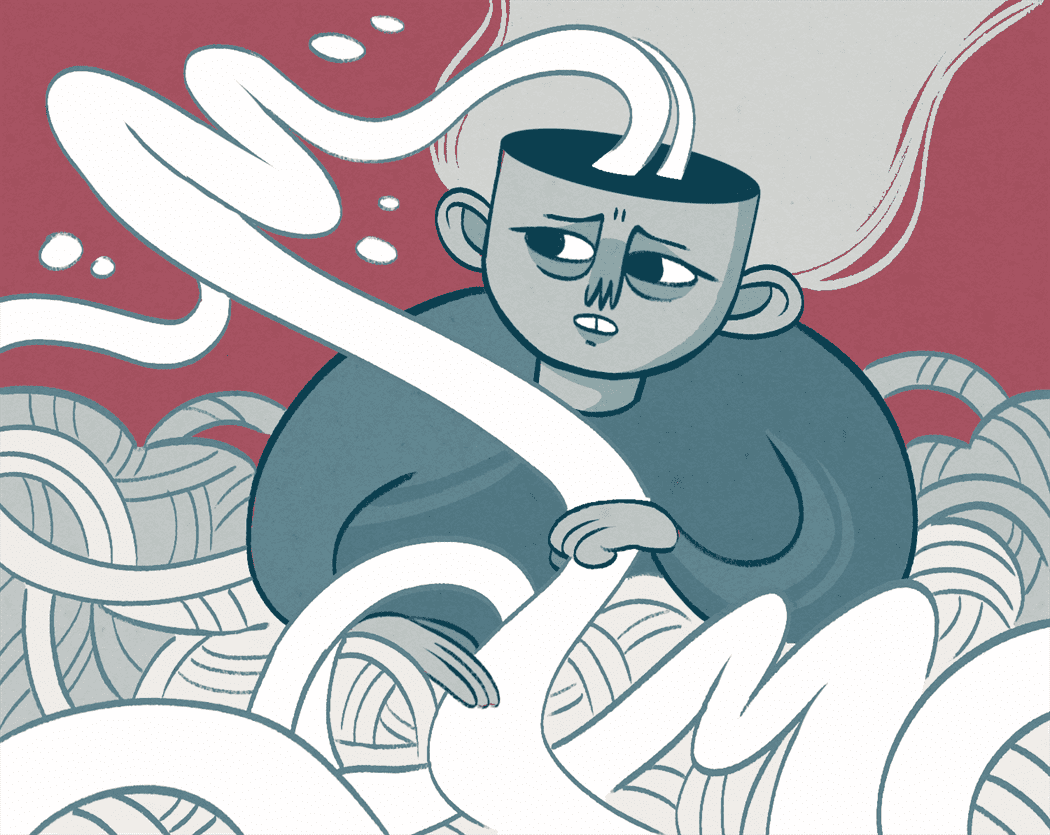Two weeks ago, an email from Dr. Karen Pennington, Vice President of Student Development and Campus Life, was sent out to all students, faculty and staff informing the Montclair State University community of the sudden death of Olivia “Liv” Morro. She was a freshman theater and dance major who was found dead in her dorm room in Basilone Hall in Dinallo Heights.
The email included the phrase, “Foul play is not suspected,” then went on to provide contact information about the university’s Counseling and Psychological Services (CAPS) and encouraged students and employees needing emotional support and struggling with mental illness to seek help.
Too little, too late.
The university’s response to this tragedy has been far too halfhearted. The email’s casual title “Sad News” and its stoic, formal tone downplayed the horrific incident that occurred.
And this is not the first less-than-stellar response to a student death by the university. Just this past December, a student in the film program passed away at their home in Pennington, New Jersey. The only members of the university informed and offered any solace were those within the film school, as a Zoom meeting was held to offer resources for support. No announcement was made by the university administration.
During the summer of 2019, an incoming junior died by suicide. No announcement was made by the university administration nor were students, faculty and staff informed of the memorial service held that upcoming semester.
If the university takes such an interest in the mental well-being of their students, they would inform us about our available resources frequently and without any reason other than to make those services known, not only after tragedy strikes.
Now the university community is being sent frequent emails about the importance of mental health such as the encouragement of students to participate in the Healthy Minds Study as well as one sent from Red Hawk News telling us “Your Mental Health Matters!”
We know our mental health matters. What is being done to make sure we can do something about it?
Sending out emails accomplished nothing.
CAPS continues to be drastically understaffed and underfunded and has not been able to keep up with the demands of university students seeking help. In 2019, The Montclarion reported on the many shortcomings of CAPS, including an inadequate staff-to-student ratio. This is in addition to how group therapy sessions quickly reach capacity and limit the participation of new students and an insufficient number of one-on-one therapy meetings each semester.
It is understood that the coronavirus (COVID-19) pandemic has taken a toll on Montclair State’s finances and a recovery from that sudden downturn has yet to occur, but the crisis of mental health within the university’s student body is not receiving the attention it requires and this crisis should be taking back seat to no other. It is a matter of life and death.
The COVID-19 pandemic has added fuel to the fire of the mental health crises, plaguing people particularly in the college age range. Even before the pandemic, nearly 40% of college students experienced a significant mental health issue and of those affected, only 2/3 sought treatment.
Discussion of mental illness and the many different forms it exists through is far too sparse, amongst both students and administration alike. While college students today are perhaps the most aware of these afflictions than their generational predecessors, the ratio of illness-to-aid clearly remains out of balance.
It is understood that talking openly about a deeply personal sickness is not something that comes easy to most and ignoring the problem, despite its potentially fatal consequences, is much easier. However, a fundamental change is required and no reform of that magnitude comes with silence and no change can be made without support from the those responsible for allocating resources for that change.
Olivia Morro’s death must not remain in vain, but instead be a turning point in finally providing help to those who need it and remove any remaining stigma around doing so.
You are not alone. Please talk to someone about how you feel.



